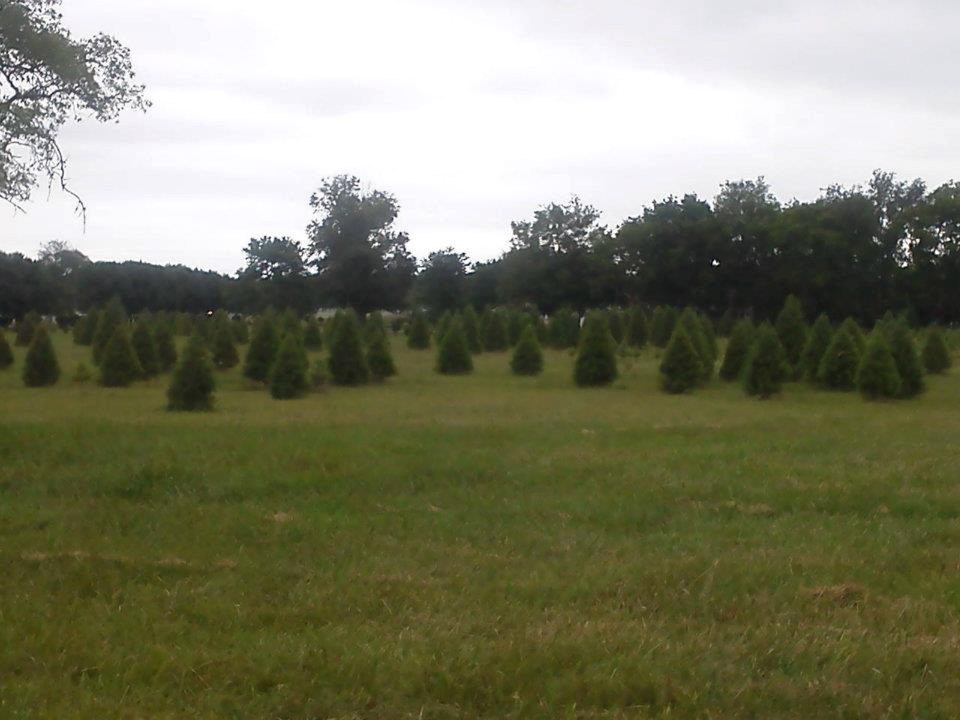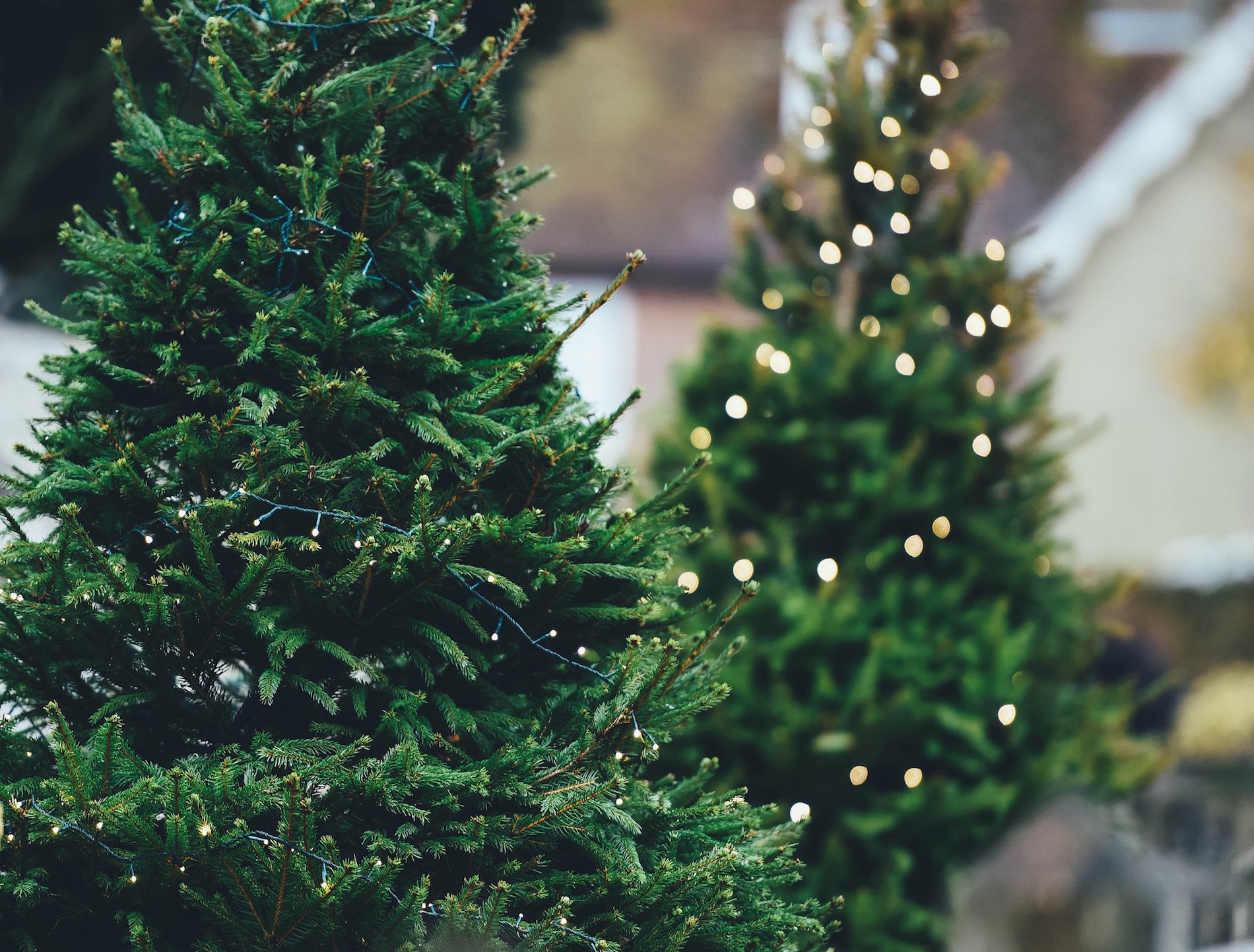Blackjack Tree Farm
We sell apple and pear trees! |
Tennessee Christmas Tree Farms by The Christmas Tree Farm Network. Blackjack Farm 3331 Hwy 231 N, Shelbyville, TN 37160; 931-437-2573. BlackJack Farms is a paradise located in central Missouri. Featuring 360-Degree mountain top views, incredible water, lakes, ponds and creeks, cultivated ground, food plots, amazing hunting, first class cattle operation, a luxury lodge, and breath-taking rock formations, BlackJack Farms is a must see.
Century Farm Orchards
David C. Vernon
physical address: Reidsville, NC 27320
mailing address: P.O. Box 271 Altamahaw, NC 27202
telephone:336.349.5709
email:david@centuryfarmorchards.com (we reply)
Pfeiffer Farms.-their your sess muscle. McFerrans Big, kick sell. Replaceme kind, openmates spring. Will have me at 580/595-1626., Sims Dear Cattlemen and Angus Friends: Welcome to Blackjack Farms, LLC and their annual spring bull sale. The Grissom Family is once again joined in the sale by Keith and Amber McFerran’s McFerran Farms. Thornhill Christmas Tree Farm unfortunately will not be open for the 2020 season. Please join us next year for more fantastic Christmas memories on our beautiful Pisgah, Alabama tree farm. Tis the season to share a timeless tradition of picking and cutting your own live Christmas tree with your family!
Simple Website...... Superior Service
Essential Info:
- Now taking orders for Fall 2020/Spring 2021
- Inventory is very low, see Inventory Statement
- Call or email to place orders. We have no 'shopping cart feature'. We are now taking orders for Fall 2020 and Spring 2021. Details here.
- Order/Inventory Info (or see link on left sidebar for prices and detailed info)
- We ship via UPS from November to early April.
- We are a family farm and not open to the public. See 'Open House' link for exceptions.
- This web site is designed to complement our traditional catalog. Email to request a catalog.
About our family,farm,and business:
Local news video/story about David (January, 2020)
We are a small, family owned and operated nursery specializing in old southern apples. The North Carolina Department of Agriculture has recognized this farm as having remained in my family for over one hundred years, hence the name Century Farm Orchards.
Learn more about David (outside link to a magazine).
Our goal is for the customer to receive the best quality trees and guidance in maintaining them. Thank you for showing an interest in old southern apples and remember that our standards reflect quality, not quantity.
Blackjack Tree In Texas
We are helping to preserve apples that were once widely grown in the southern United States from the 1600’s to the early 1900’s. Southern farm families grew apples that displayed distinctive qualities. Some were good for eating fresh from the tree, some for cooking, some for drying, some for cider, and others were unique for their ripening period or keeping ability. These apples were important because they were good producers in the warm, humid climate of the South. It is unfortunate that many old southern apples are now extinct, disappearing with family farms that once dotted the landscape. It is the intention of Century Farm Orchards to cultivate old southern apples that are still available today and provide others with the opportunity to grow the apples that older generations grew for necessity.
Old southern apple varieties can produce first quality fruit. However, do not be misled into thinking that these apples are without problems. All apple trees need proper care and attention to produce quality fruit. The older varieties have been time-tested by many generations and offer those in southern climates the possibility of growing excellent fruit for a multitude of purposes.

The University of Arkansas System Division of Agriculture does not promote, support or recommend plants featured in 'Plant of the Week.' Please consult your local Extension office for plants suitable for your region.
Blackjack Trees Photo
Blackjack Oak
Latin: Quercus marilandica
This summer’s drought has been tough on trees. The drive between Fayetteville and Little Rock is punctuated with whole hillsides of brown and seemingly lifeless trees.
While these trees - mostly oaks, hickories, dogwoods and elms - look bad from a distance, most will survive the rigors of the 2000 drought without much problem. Summers like this help one appreciate the really tough trees such as the blackjack oak.
A kid I knew in my youth was scrappy and always getting into fights. His favorite saying was, 'When you’re ugly you gotta be tough.' Mother Nature has applied this simple truism to the blackjack oak because it is one ugly, but tough tree.
Blackjacks are found throughout most of the eastern woodlands, occupying sites with soil too poor or dry for oaks with more stature and substance to flourish. It was one of the few tree species to venture onto the Great Plains before white settlement, occupying a region from central Texas northeast through Oklahoma known as the cross timber region.
The blackjack is a small, gnarly tree usually under 35 feet tall with a round crown and leathery, three-lobed leaves. It is a member of the red oak tribe and has the characteristic leaf spine at the end of each lobe. The leaves hang on the tree through the winter to be pushed off by new leaves the following spring. It’s trunk is often deeply furrowed and black, giving it a brooding wintertime appearance.
The Rodney Dangerfield of oaks, blackjacks are given but one use - firewood - by most authors who seem overly hung up on the notion that all oaks reach the pinnacle of their glory at the saw mill.
It might be instructive to speculate on the long term effects of this summer’s drought on the survival and health of the forest. As bad as the trees look, most will survive the drought because they have been forced into an early dormancy to conserve water.
Unfortunately, that is not the end of the story. The oaks of our eastern forest are systemically infected with a fungus called Hypoxylon canker - sort of the athlete’s foot of the oak kingdom.
Survey work conducted by Dr. Pat Finn at the UofA following the severe drought of 1980 showed that about 80 percent of the oaks of northwest Arkansas have this systemic infection. This fungus is usually benign and does no apparent harm, but droughts cause it to flare up. Certain trees -- with no discernable pattern -- are killed by the multiplying hyphae of the fungus as it produces its spores on fungal mats under the bark of the tree. These fungal mats push the bark off which accumulates at the base of the tree like a rain of deadly dandruff.
For the health of the forest, Hypoxylon is a beneficial fungus because it thins the stand of trees. In 1980, the disease killed about 12 percent of the oaks in some areas, thus allowing the survivors more opportunity to obtain water.
Unfortunately most of us that build our homes in the woodland have difficulty taking the long view on ecology when the tree in front of our house is the one that dies. About all that can be done to ward off the effects of this problem is to keep the drought at bay by watering before conditions become too severe.
Blackjacks are not in the nursery trade and many who have them on their property treat them with little respect. But, before dismissing this tough tree as a scrub oak and relegating it to the woodpile, reflect on its toughness and adaptability under adverse conditions.
Blackjack Tree Identification
By: Gerald Klingaman, retired
Extension Horticulturist - Ornamentals
Extension News - September 22, 2000


The University of Arkansas Division of Agriculture does not maintain lists of retail outlets where these plants can be purchased. Please check your local nursery or other retail outlets to ask about the availability of these plants for your growing area.